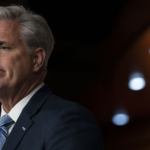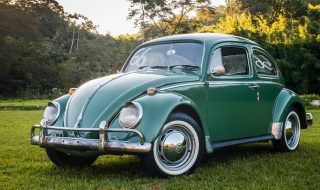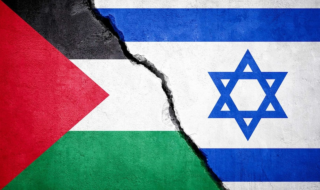
A F/A-18E Super Hornet of Strike Fighter Squadron (VFA-31) comes in to land onboard the flight deck of the aircraft carrier USS George H.W. Bush (CVN 77), in the Gulf August 12, 2014. REUTERS/Hamad I Mohammed
Boeing Co (BA.N) is nearing a decision to invest “a significant amount” to keep a F/A-18E/F fighter jet production line in St. Louis running as it waits for the U.S. government to approve a delayed order by Kuwait for 28 jets, a senior executive said.
Dan Gillian, who runs Boeing’s F/A-18E/F and EA-18G electronic attack jet programs, told Reuters the company would decide in coming weeks whether to buy titanium and other materials needed to start work on the jets, even before the Kuwait deal and potential U.S. Navy orders are finalized.
He said Boeing would weigh strong expected demand for the warplanes against the risk that the orders could still fail.
Delays in orders for the jets mean Boeing must decide whether to invest hundreds of millions of dollars into the F/A-18 program, even as its commercial division faces job cuts and a federal investigation into whether it properly accounted for two jetliners, the 747 and 787.
“Based on the demand signals we see today, I’m confident that we’ll be building F/A-18s into the 2020s,” said Gillian, who spoke to Reuters on Thursday before news of the accounting probe broke.
Gillian said Boeing was encouraged by the U.S. Navy’s proposed funding to buy two F/A-18E/F Super Hornets in a supplemental war budget and 14 more jets in the fiscal 2018 base budget.
Boeing has slowed production from three planes a month to two planes, and needs the Kuwait order to be finalized soon to keep production going until the Navy’s expected fiscal 2018 orders, Gillian said. Analysts have said the Kuwait order could be worth more than $3 billion to Boeing.
The U.S. Navy may also add a dozen more F/A-18 fighter jets to its list of “unfunded priorities” in fiscal 2017, a document used by lawmakers to adjust funding in the Pentagon’s annual budget request, according to a U.S. official and industry sources who were not authorized to speak publicly.
Congress approved a similar request last year to help the Navy deal with a shortfall in carrier-based fighter. Lawmakers ultimately added $1.1 billion to the Navy’s fiscal 2016 budget to buy five F/A-18E/F Super Hornets and seven EA-18G Growlers.
Gillian said current Navy orders will keep the St. Louis plant running through June 2018, but the line could continue into the early 2020s if the additional Navy and Kuwait orders are approved. That would put Boeing in a stronger position to compete for potential orders from Finland, Belgium, Spain and Denmark, he said.
The Kuwait Super Hornet order and a separate Boeing F-15 sale to Qatar have both stalled as the Obama administration negotiates a 10-year agreement with Israel on U.S. military aid.
U.S. defense officials, including Navy Secretary Ray Mabus, have raised concerns about the slow pace of arms sales approvals, and particularly the Kuwait F/A-18 sale, given the consequences for the industrial base.
Delays have prompted Qatar to halve its expected purchase of F-15s and pursue a separate deal with France’s Dassault Aviation (AVMD.PA) for 24 Rafale fighter jets, according to sources familiar with the matter.
For its part, Kuwait has said it is sticking to plans to buy both the Boeing planes, and a separate deal for 28 Eurofighter jets. U.S. sources had expected the Boeing deal to win approval last year.
The fighter planes are of increasing importance to Kuwait, which is part of the Saudi-led coalition fighting insurgents in Yemen, and is primarily supporting that effort with its air force and fleet of existing F/A-18s
Source: Reuters















